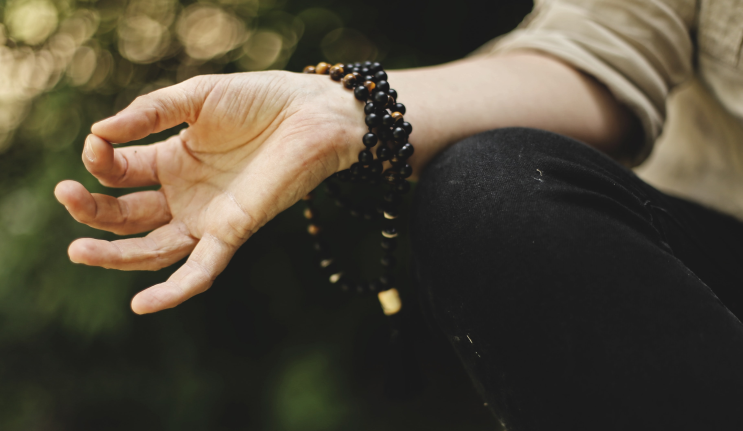
FEATURES
Dealing with COVID-19 anxiety and isolation for older people
Macquarie University’s Centre for Emotional Health shares top tips on how older people can deal with the emotional and mental impacts of COVID-19.
Learn the facts (but limit media exposure)
Stay up to date with factual information from reliable sources such as the Australian Government Department of Health, and follow their recommendations. However, a constant influx of information and media coverage about COVID-19 will actually make us feel more anxious and concerned. Try to take breaks from both media coverage and COVID-19 conversations throughout the day so you can focus on other things.
Take reasonable precautions and keep things in perspective
As the COVID-19 pandemic continues to unravel, we all worry about how this is going to affect our own and our family’s lives. Try to keep your concerns in perspective:
- Remind yourself that older adults are NO more likely to contract COVID-19 than younger adults. Among those who do contract COVID-19, those over the age of 60 are at greater risk of serious or life-threatening health complications that may require medical intervention. However, even with this increased risk, the large majority of older adults who contract this illness will recover.
- Know the difference between symptoms of COVID-19 from cold and flu symptoms, but also try limiting how often you monitor changes in your physical sensations (e.g., don’t excessively check your temperature if you are otherwise feeling well).
- Consider how you (or your family) have gotten through difficulties in the past, and whether these coping skills might help you to get through this situation. Even though things might be difficult now, many of the consequences are time limited (ill health, financial burden, supply shortage etc.), and will eventually improve.
- Change some of your routine if needed. For example, discuss whether you should postpone nonessential doctor’s appointments. Telehealth consultations, if available, can be a reasonable substitute. Call your pharmacist to enquire about access to prescription medications and alternative methods of collection if necessary.
- Have open conversations with your family and caregivers about your health concerns. Ask about what precautions they are taking to reduce your health risks, and what to do if you are concerned about your health.
Practise physical distancing but ensure social connection
Social distancing refers to ensuring you keep physical distance from others where possible. Maintaining social connections is still possible while maintaining physical distance, but it does take some creative and flexible thinking. Switch to virtual catch-ups via Skype or Face Time instead of face to face. Contact your friends and family by telephone or via email if you do not have access to video-based technology. If you are part of a community group or volunteering agency, enquire what alternative activities you can complete from home. Social distancing also doesn’t mean locking yourself indoors. If you practise good hygiene and keep your physical distance from others, you can still sit in your backyard, do gardening, to sit on the porch, get your mail and talk to neighbours (from a distance).
Maintain self-care and stay active
It is important to maintain healthy habits and routine, including restful sleep, regular exercise and eating a balanced diet. Plan to do pleasant activities (e.g., singing/dancing to music at home, or doing crafts) or activities that give you a sense of achievement or satisfaction (e.g., cleaning out the cupboard). There is no need for you to give up all the things you enjoy – you just need to be more vigilant. Do activities that make you feel less stressed regularly.
If you are finding it hard to cope during this period, seek help from your GP or speak with a mental health professional. You can also contact Beyond Blue (1300 22 4636) or Lifeline (13 11 14).
The Centre for Emotional Health Clinic at Macquarie University is currently offering free remote psychological treatment to adults aged 65 years and above who have anxiety, worry and/or low mood. For more information, visit: www.tiny.cc/STOP-Study. You can also contact: STOP@mq.edu.au or call (02) 9850 8715.
Thanks for this..
I’m still in part-time practise as a registered psychologist and am also a retired RN. I’m working from home as of this week mainly to existing/recurrent clients. I am also an active 70yr old and primary carer for my 95yr old mother.
I’m interested in following up on the free remote psychological treatment to the over 65′s (especially to country friends/contacts) and will investigate the links.
Regards,
Lyn
Hi Lyn
That is good to hear. I hope you and/or your friends find it useful. Thank you very much for sharing.
Jackie
Wow, this article is an absolute treasure!